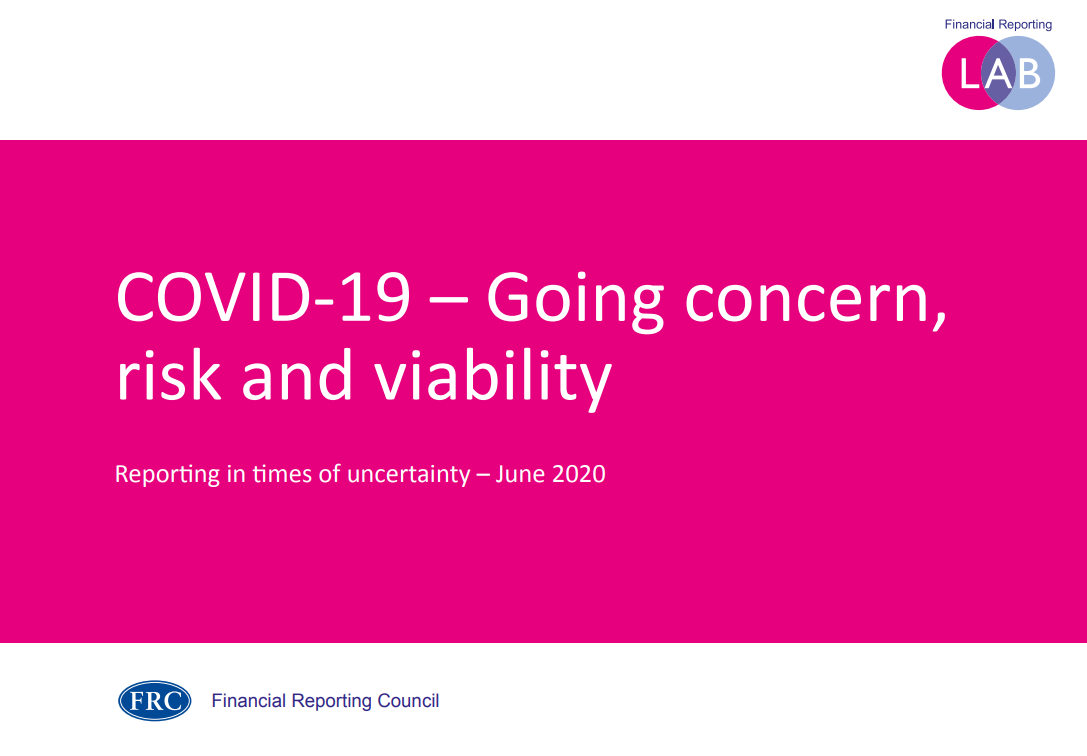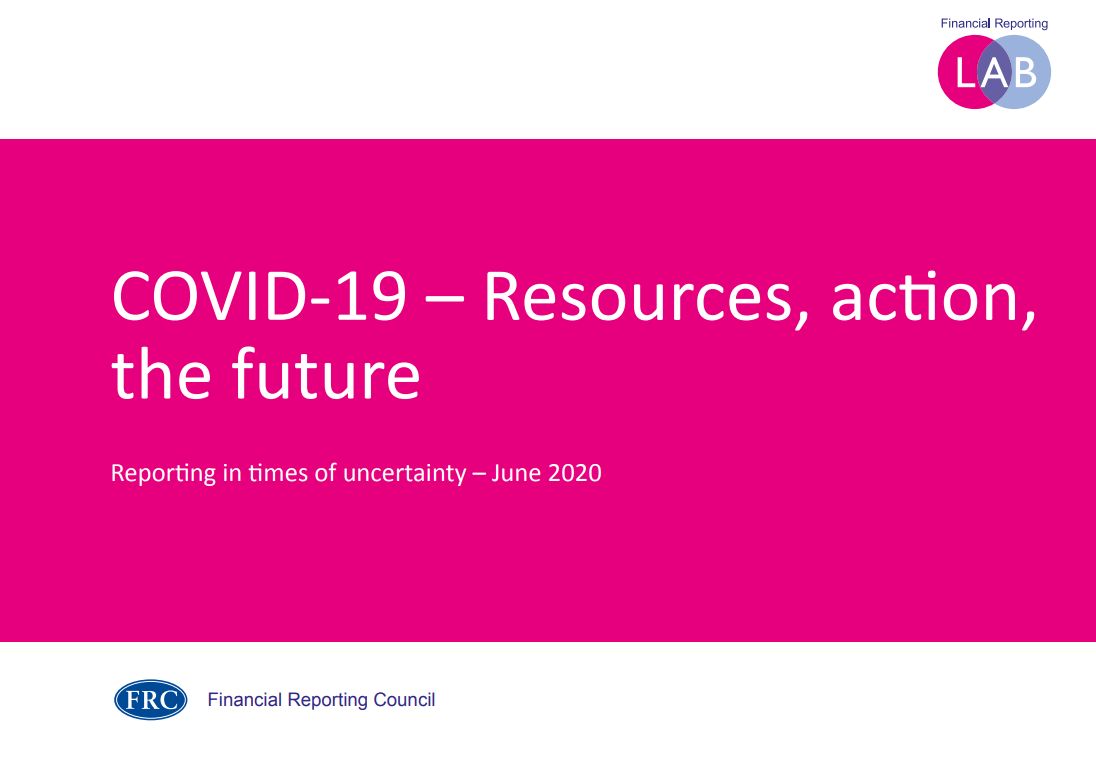
by John McCarthy Consulting Ltd. | Aug 20, 2021 | Blog, News
This is our third and final blog about the results of audit monitoring inspections during the Pandemic.
In Part 2 last week, we looked at going concern (ISA 570), subsequent events (ISA 560) and the lack of financial statement disclosures regarding COVID.
In Part 1 two weeks ago, we looked at stock attendance (ISA 501), fraud (ISA 240) and accounting systems and controls (ISA 315).
Other matters that we have seen on cold file reviews and on recent audit monitoring visits include:
Walk-through testing
Walk through tests that appear on audit files often start from within the client’s accounting system which is the wrong place to start. For walk through tests to be fully effective, they need to commence outside the main system i.e., at the authorisation stage for purchases, at the customer order stage for sales, using clock cards, timesheets and/or employment contracts for wages etc.
Ethical Standards for Auditors
The new IAASA Ethical Standards for Auditors (Ireland) 2020 are effective from 15 July 2021.
Sometimes auditors do not appreciate the implications of certain ethical standards which require appropriate safeguards to mitigate the threats posed. The most common threats we see are Long Association with Audit Engagements (audit partner in place for 10+years) and Provision of Non-Audit Services (especially for the provision of accounting, tax and company secretarial services). Firms are reminded to review the Ethical Standards (Sections 3 and 5 respectively) to ensure they have dealt appropriately with the threats and identified/implemented relevant safeguards. Quite often the only practical safeguard for sole practitioners with a long association problem is to arrange for an annual hot issue or a hot file review (also known as an Engagement Quality Control Review (EQC Review) in year 11 onwards. The implementation of safeguards needs to be properly documented.
It may be possible to apply Provisions Available for Audits of Small Entities (Section 6 PAASE) to deal with threats arising from economic dependence or where tax or accounting services are provided to certain ‘small’ entities, as defined in Section 6. Where PAASE is applied, two matters arise:
- the auditors’ report must disclose this fact and
- either the financial statements notes or the auditors’ report must include the relevant disclosures specified in ES PAASE para 6.15(b).
Small Companies Exemption Incorrectly Claimed – Schedule 5 Companies Act 2014
A reminder that entities listed in Schedule 5, Companies Act 2014 are deemed ‘large’ and often include entities regulated by the Central Bank of Ireland (e.g., ‘insurance intermediaries’). Please note that such entities cannot:
- Use FRS 102 Section 1A (which is only for certain ‘small’ entities;
- Use the Provisions Available for Audits of Small Entities;
- Avail of small companies’ audit exemption; and
- File abridged financial statements with the CRO.
Such companies must also produce a Statement of Cash Flows and disclose the remuneration of their auditors in four stated categories (for the current/prior years) for:
- audit of the company/group;
- other assurance services;
- tax advisory services; and
- other non-audit services.
For bespoke training on any of the topics mentioned here, please see our website.

by John McCarthy Consulting Ltd. | Aug 13, 2021 | Blog, News
This is Part 2 of our series of three blogs about the impact that the Coronavirus (COVID-19) is having on evidencing of audit work.
In Part 1 last week, we looked at issues like stock attendance (ISA 501), fraud (ISA 240) and accounting systems and controls (ISA 315). Here are some other problem areas seen during recent audit monitoring inspections.
Going concern (ISA 570)
Going concern has always been a key audit area and remains so, particularly at the moment. Monitoring inspectors often see excellent examples of audit work on going concern including consideration of worst case scenarios when assessing forecasts, and good documentation of the thought processes supporting the auditor’s conclusions on this topic. This will include evidence of scepticism and challenge of management’s assumptions.
In other cases with less than ideal inspection outcomes, audit work on going concern may have been carried out but inadequately documented, or in some cases insufficient audit work on going concern is performed. Areas giving rise to findings on monitoring visits include lack of, or insufficient challenge and assessment of management assumptions or the lack of alternative audit procedures on the audit file, where for example formal future cash flow forecasts are not prepared, particularly on smaller clients. These need to be on file for a period of at least 12 months from the date of sign-off of the financial statements.
Please remember ISA 570 (Revised) (effective for audits of financial statements for periods commencing on or after 15 December 2019) contains increased requirements in relation to audit work on going concern.
Subsequent events (ISA 560)
Inspectors also see cases where there has been a delay in signing some financial statements due to the Pandemic. Don’t forget to ensure that appropriate subsequent events procedures are performed up to the date of the auditor’s report in such circumstances. This should include details of the date/time/place and names of those attending the final close off meeting, even if this s a brief 5-minute phone call. The notes should also contain details of action points agreed and matters forward to the next audit.
Financial Statement disclosures – COVID
There are often comprehensive disclosure in financial statements regarding the impact of COVID. Unfortunately in other cases, there are only brief or no disclosures.
Even where the directors consider COVID has had no impact on the entity, it may still be appropriate to include disclosure in the financial statements to that effect. Disclosure should be sufficient to enable the reader of the financial statements to understand why the directors believe this to be the case. Information disclosed in the directors’ report must be consistent with the information disclosed in the financial statements.
See the final Part 3 of this blog next week.

by John McCarthy Consulting Ltd. | Jun 23, 2020 | News
‘Going concern’ is not a simple binary or pass/fail concept. A company can be a going concern even when one or more material uncertainties exist. In such circumstances what becomes important is the disclosure about the uncertainties and management’s consideration of these.’ Quote from the recent Financial Reporting Lab’s guidance on ‘Going concern, risk and viability’ in the midst of the Coronavirus (COVID-19).
The Financial Reporting Lab of the Financial Reporting Council last week published two documents that give clear incisive guidance, with real life examples, dealing with:
The three key areas that need attention and disclosure relating to going concern are:
- Is the company a going concern?
- Has the assessment considered factors relevant to COVID-19?
- Is the disclosure sufficiently detailed?
Covid-19 disclosures
If you are wondering what Coronavirus (COVID-19) disclosures companies should be making in their financial statements, we have the answer. Our recently published survey of 22 public company financial statements focuses on their Coronavirus (COVID-19) disclosures.
Among the disclosures addressed in our report are topics such as:
- Emphasis of Matter
- Key Audit Matters in Audit Reports
- Going Concern/Viability
- Post Balance Sheet Events/Subsequent Events
This thirty-page report, is available on our website, and includes more detail of the types of disclosures that are prevalent at the moment and elaborates on the topics below. All this research is available to purchase for just €125+VAT, for immediate download.
For more on the Coronavirus (COVID-19) disclosures, please see our published report on our website here.
In our Publications Store, you will also find many complementary letters of representation templates that deal with the Coronavirus (COVID-19).

by John McCarthy Consulting Ltd. | Jun 15, 2020 | Blog
In May 2020, the EU Commission predicted that Irish GDP will contract by 7.9% in 2020, as a result of the Coronavirus (COVID-19). The good news is that it has predicted a bounce back of 6.1% in 2021.
In this climate, the provision of accurate financial information will be critical in getting Ireland back to health. Where can we find good, up to the minute guidance on this topic?
The hidden jewel in the crown of the Financial Reporting Council, the Financial Reporting Lab, has, once again, justified this title. On 15 June 2020, the Lab published two documents that give clear incisive guidance, with real life examples, dealing with:
- ‘Resources, actions and the future’ – practical advice to companies setting out the disclosures investors expect to see from companies during this time of uncertainty
- ‘Going concern, risk and viability’ – which gives guidance on going concern, risk and viability disclosures.
This week we focus on the Resources, actions and the future document that helps Directors and others with how to address three key topics in their annual reports:
- Resources – including the availability of cash.
- Actions – to manage short-term expenditure and ensure viability.
- The future – how the decisions taken now ensure the sustainability of the company and impact customers, suppliers and employees.
Covid-19 disclosures
If you would like to more examples of recent Coronavirus (COVID-19) disclosures in financial statements, see our recently published survey of 22 public company financial statements which highlight Coronavirus (COVID-19) disclosures.
The types of disclosures addressed in our report include topics such as:
- Emphasis of Matter
- Key Audit Matters in Audit Reports
- Going Concern/Viability
- Post Balance Sheet Events/Subsequent Events
This thirty-page report, is available on our website, and includes extracts from the types of disclosures that are prevalent at the moment. All this research, saving you time, is available to purchase for just €125+VAT, for immediate download.
For more on the Coronavirus (COVID-19) disclosures, please see our published report on our website here.
In our Publications Store, you will also find many complementary letters of representation templates that deal with the Coronavirus (COVID-19).

by John McCarthy Consulting Ltd. | Jun 8, 2020 | News
The Financial Conduct Authority in the UK said in March 2020 that all London listed companies are permitted two extra months to publish their audited financial results, giving them six months in total.
Meanwhile the Irish Companies Registration Office has further extended the filing deadline for all annual returns that are normally due for filing in the coming months. These will be deemed to have been filed on time if all elements of the annual return are completed and filed by 31st October 2020.
The filing arrangements for Industrial & Provident Societies, Friendly Societies and Trade Unions for filing with the Registry of Friendly Societies are extended to 31st December 2020.
Covid-19 disclosures.
Are you wondering what Coronavirus (COVID-19) disclosures companies should be making in the financial statements to achieve a true and fair view?
We have the answer. Our recently published survey of 22 public company financial statements focuses on their Coronavirus (COVID-19) disclosures.
Of the companies that included Coronavirus (COVID-19) somewhere in their annual reports, Coronavirus (COVID-19) was included in the audit reports of all four companies that had January year ends.
Other disclosures addressed in our report include topics such as:
• Emphasis of Matter
• Key Audit Matters in Audit Reports
• Going Concern/Viability
• Post Balance Sheet Events/Subsequent Events
This thirty-page report, is available on our website, and includes more detail of the types of disclosures that are prevalent at the moment and elaborates on the topics below. All this research is available to purchase for just €125+VAT, for immediate download.
For more on the Coronavirus (COVID-19) disclosures, please see our published report on our website here.
In our Publications Store, you will also find many complementary letters of representation
templates that deal with the Coronavirus (COVID-19).










